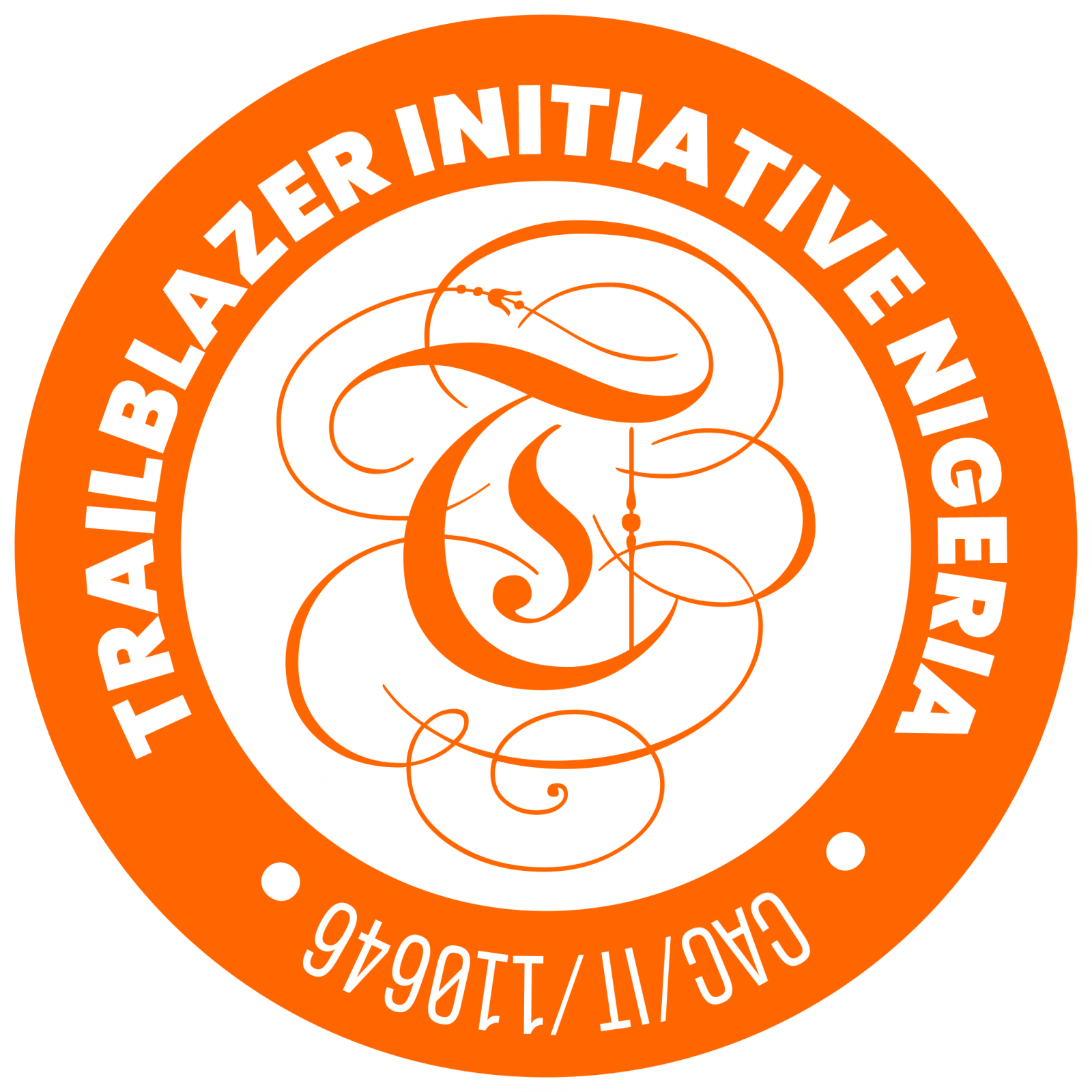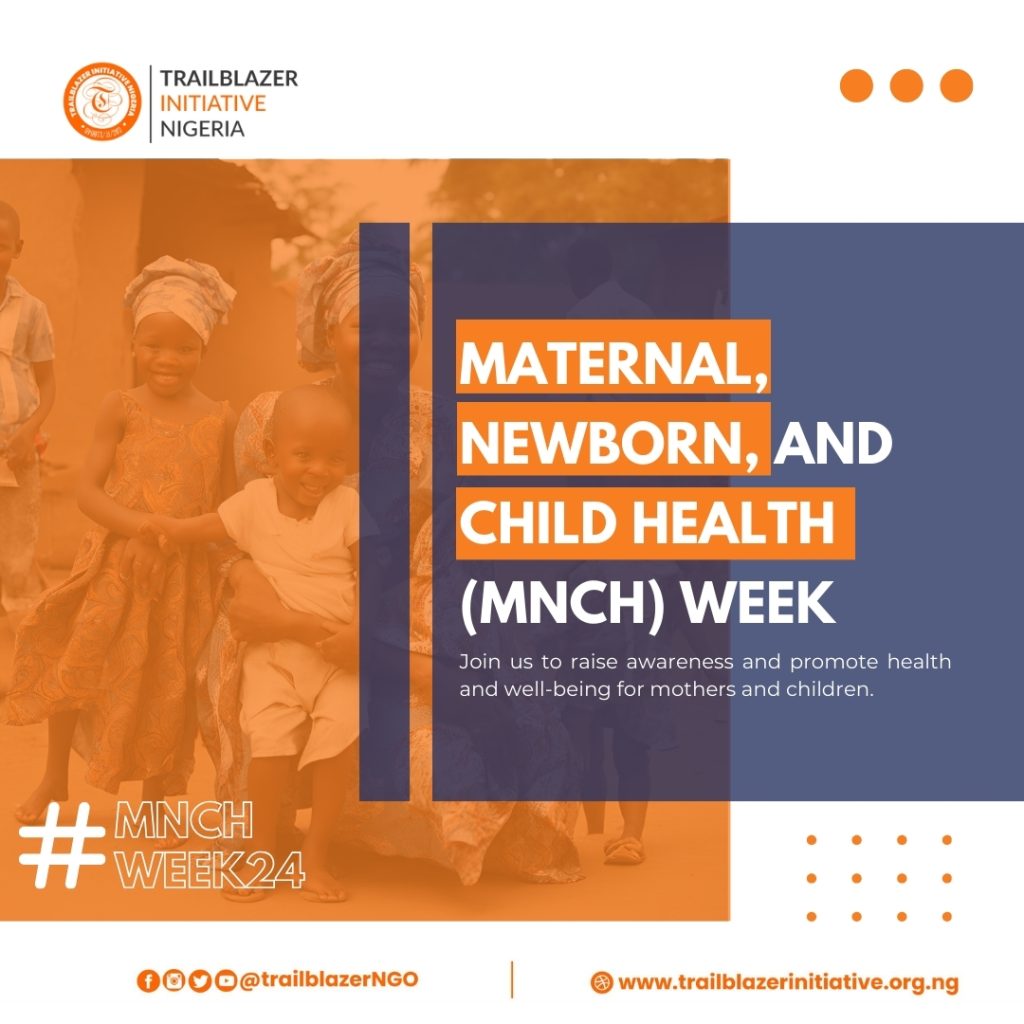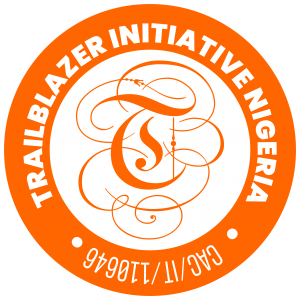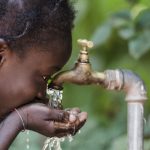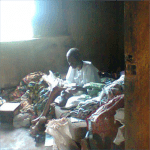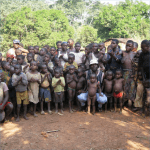Maternal, Newborn, and Child Health (MNCH) Week is a dedicated period aimed at improving the health and well-being of mothers, newborns, and children. This weeklong event is observed globally to raise awareness, promote health interventions, and advocate for policies that support the health needs of these vulnerable groups. The MNCH Week underscores the importance of investing in maternal and child health services to reduce mortality rates and improve overall health outcomes.
The Importance of MNCH Week
MNCH Week plays a crucial role in:
- Raising Awareness: Educating communities about the importance of maternal and child health, including the benefits of immunization, proper nutrition, and antenatal care.
- Promoting Health Services: Encouraging the use of health services that are essential for the survival and well-being of mothers and children.
- Advocating for Policy Change: Pushing for policies that ensure access to quality health care for women and children, especially in underserved areas.
- Improving Health Outcomes: Implementing targeted health interventions to reduce maternal and child mortality rates.
Key Focus Areas
MNCH Week focuses on several critical areas to improve health outcomes for mothers and children:
- Immunization: Immunization is one of the most effective ways to protect children from preventable diseases. During MNCH Week, health workers intensify efforts to vaccinate children against diseases such as measles, polio, and diphtheria. Pregnant women are also encouraged to receive vaccines like the tetanus toxoid vaccine to protect themselves and their newborns.
- Antenatal Care: Regular antenatal care (ANC) visits are essential for monitoring the health of the mother and the developing fetus. MNCH Week emphasizes the importance of ANC and encourages pregnant women to attend all recommended check-ups. These visits provide opportunities for early detection and management of potential health issues.
- Nutrition: Proper nutrition is vital for the health of both mothers and children. MNCH Week promotes breastfeeding, balanced diets, and the use of micronutrient supplements. Exclusive breastfeeding for the first six months is encouraged, as it provides essential nutrients and antibodies that protect infants from infections.
- Family Planning: Access to family planning services allows women to space their pregnancies, which is crucial for the health of both mother and child. MNCH Week highlights the availability of family planning methods and encourages their use to prevent unintended pregnancies and associated health risks.
- Skilled Birth Attendance: Ensuring that births are attended by skilled health personnel is key to reducing maternal and neonatal mortality. MNCH Week advocates for the presence of trained midwives, nurses, or doctors during childbirth to manage complications and provide essential newborn care.
Success Stories and Impact
MNCH Week has led to significant improvements in maternal and child health in various regions. For example:
- In Nigeria, MNCH Week has contributed to increased immunization coverage and reduced incidences of vaccine-preventable diseases among children.
- In India, targeted interventions during MNCH Week have improved antenatal care attendance and institutional deliveries, leading to better health outcomes for mothers and newborns.
Challenges and Solutions
Despite the successes, several challenges hinder the full impact of MNCH Week:
- Access to Services: In remote and rural areas, access to health services remains limited. Mobile health clinics and community health workers can bridge this gap by bringing services closer to the people.
- Cultural Barriers: Traditional beliefs and practices may discourage the use of modern health services. Community engagement and education are crucial to overcoming these barriers.
- Funding: Adequate funding is necessary to sustain MNCH interventions. Governments and international organizations must prioritize maternal and child health in their budgets.
Conclusion
Maternal, Newborn, and Child Health (MNCH) Week is a vital initiative that saves lives and promotes the well-being of mothers and children. By focusing on key areas such as immunization, antenatal care, nutrition, family planning, and skilled birth attendance, MNCH Week addresses the most pressing health needs of these vulnerable populations. Continued efforts and collaboration among governments, health organizations, and communities are essential to ensure that every mother and child has access to the health services they need for a healthy future.
